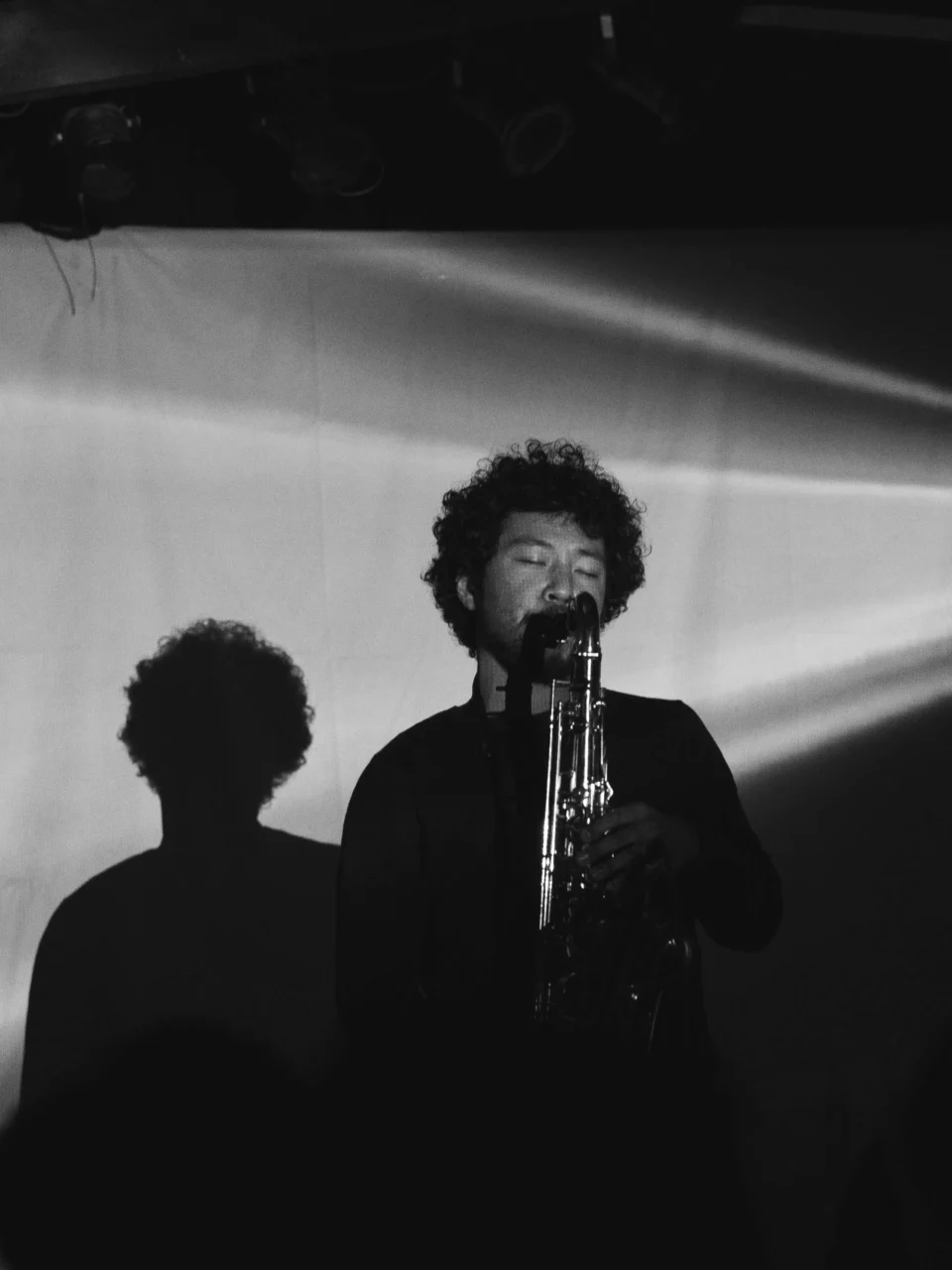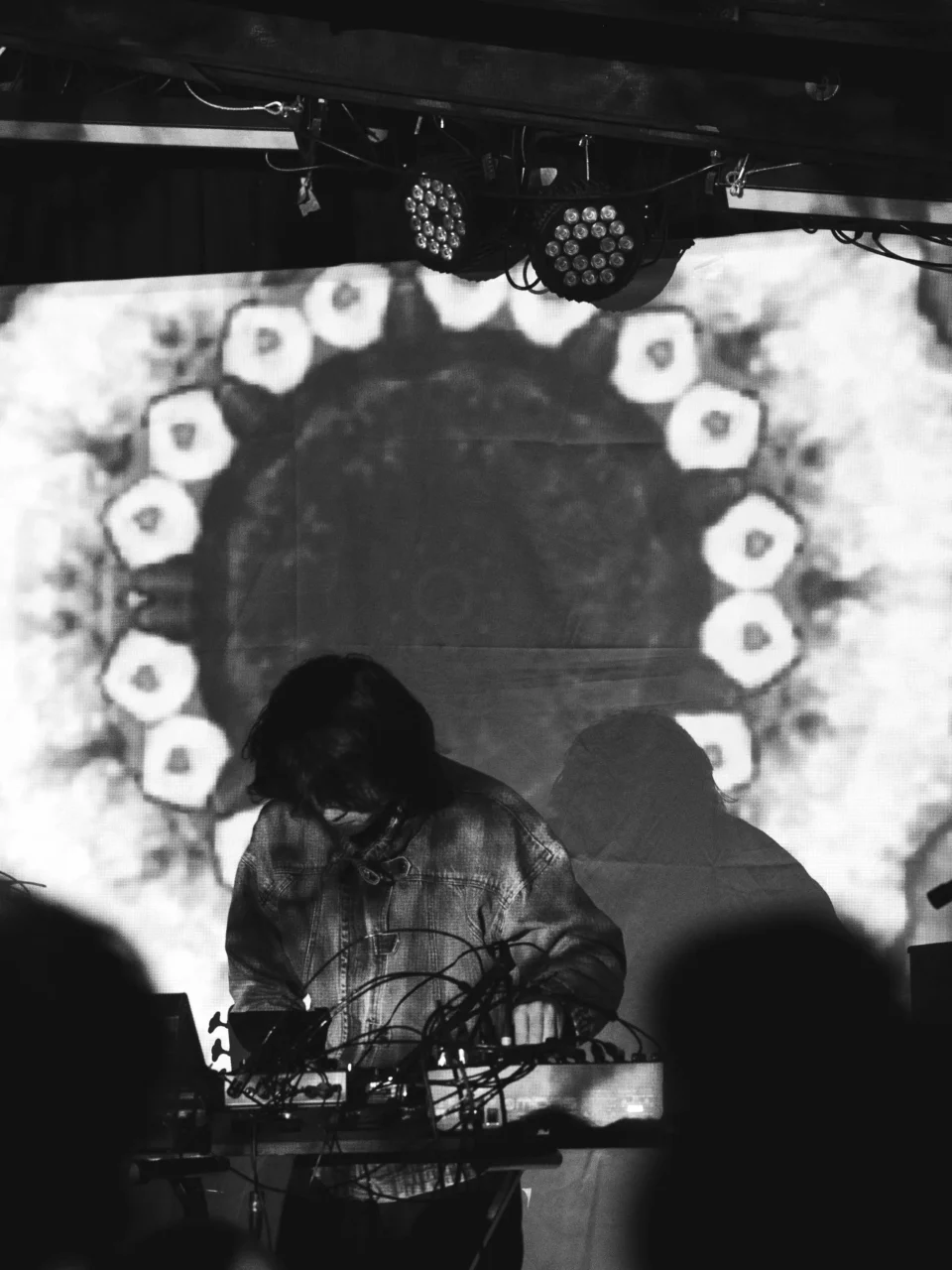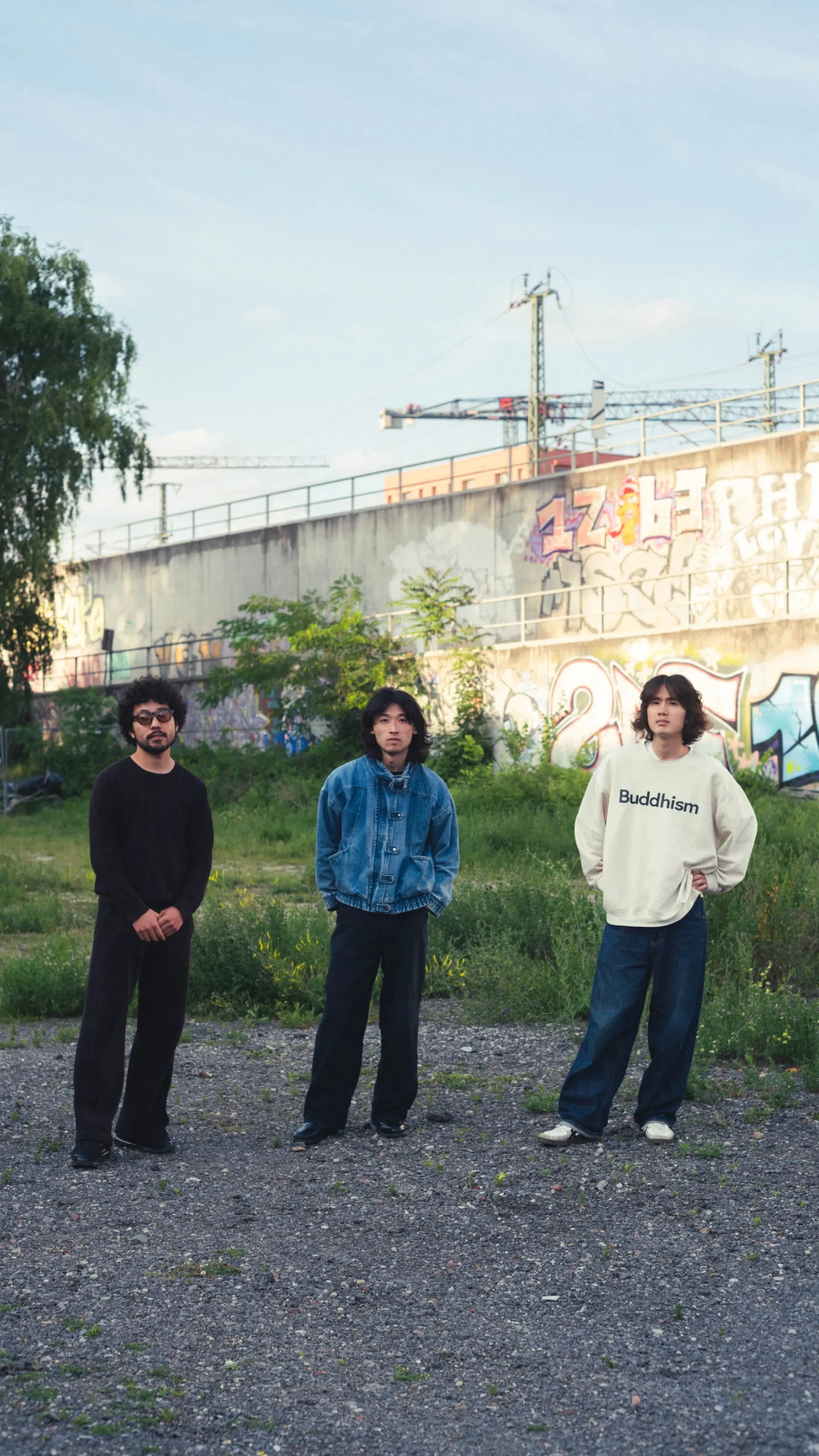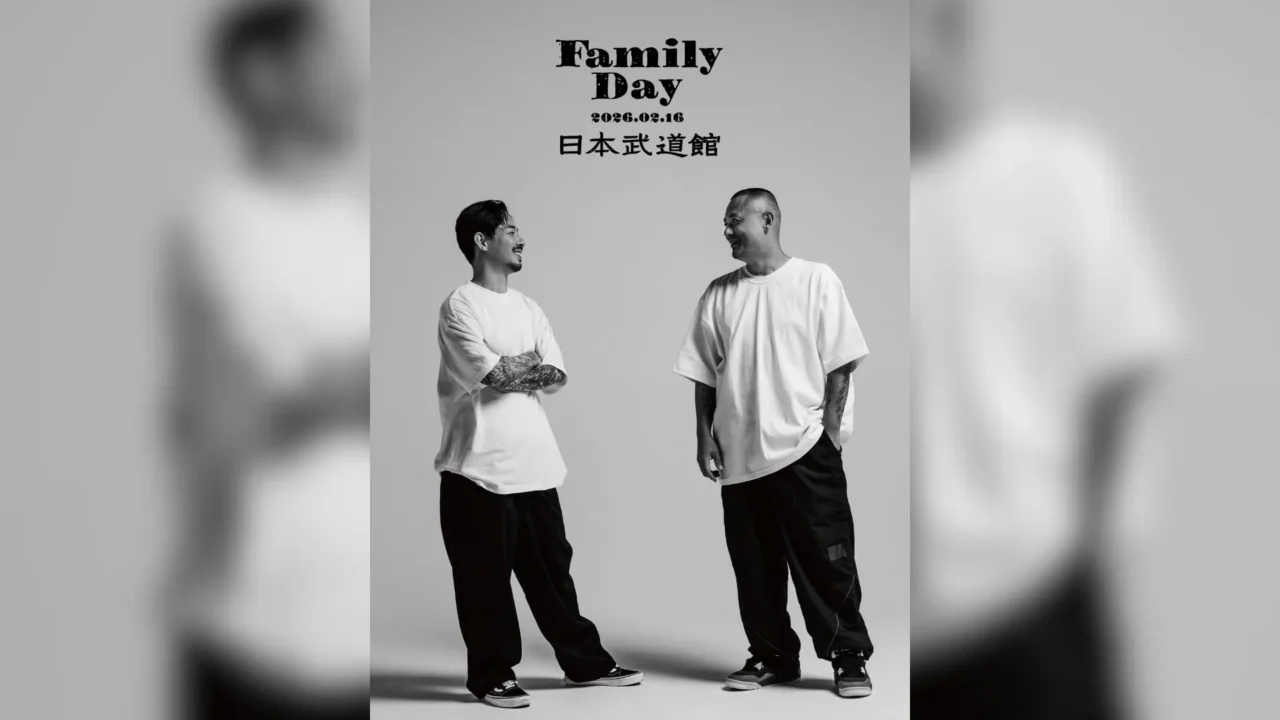INDEX
Rejecting Predictability: The Beauty of Ever-Changing Improvisation
You once mentioned in another interview that seeing the crowd in Berlin gave you the urge to get them dancing. Do you still feel that way?
Ikeda: Between the last European tour and this one, I think we only added around two new songs from the EP, right?

Sonoda: That’s right. Although the songs have vocals, we expand the live arrangements by adding really long improvisation sections toward the end—sometimes as long as, or even twice as long as, the vocal parts.
Ikeda: On this European tour especially, we felt a strong desire to create those improvisation spaces.
Takano: It’s fascinating because even though it’s the same song, each performance ends up completely different.

Sonoda: Exactly. We’ve heard the songs thousands of times ourselves, so having some variation keeps it fun for us too.
Playing larger venues like Amsterdam must come with added pressure, right?
Sonoda: Definitely. The bigger the venue, the more weight there is on constantly trying something new during the improvisation. In Amsterdam, even small mistakes are noticeable.
Ikeda: Plus, you’ve got Go standing front and center with his arms crossed, watching everything! [laughs]
Sonoda: Even so, I find it more embarrassing to do a rigid, rehearsed set. We’d get bored ourselves, and that kind of predictable performance feels cold. That’s why this approach is the only way for us to truly enjoy the show together with the audience. It’s about sharing the uncertainty of what’s going to happen next. For example, with “Iyō no Hito,” the timing of my solo is always different. If something interesting happens, we keep it, play it a few times, then change it again. It’s an ongoing process of evolution.
In what ways do you feel you’ve grown when performing abroad?
Sonoda: One big change is how we react to mistakes. Before, if someone messed up, everyone would panic like everything was falling apart. Now, we stay calm—mistakes don’t faze us anymore.
So it sounds like you expect things to go wrong?
Sonoda: Exactly. On the first day of this tour in London, Ikeda broke a keyboard again.
Ikeda: Again? [laughs]
Sonoda: Yeah, he did the same thing in Berlin last time. This time, the sound just cut out. But no one lost their cool. We just thought, “It’s all good,” and even found it kind of amusing. It’s like rolling dice—you might get lucky, unlucky, or the worst possible outcome. But either way, it’s no big deal. There’s always a next show.
Have you noticed differences in how audiences react between America and Europe?
Sonoda: In America, the crowd always applauds immediately after a solo, but in Europe, it’s different. That probably reflects cultural differences in listening. In Europe, the strongest reactions come when people enter a trance-like state. Even without a big, explosive moment, there’s a steady build-up of energy, like it could snap at any second.

























